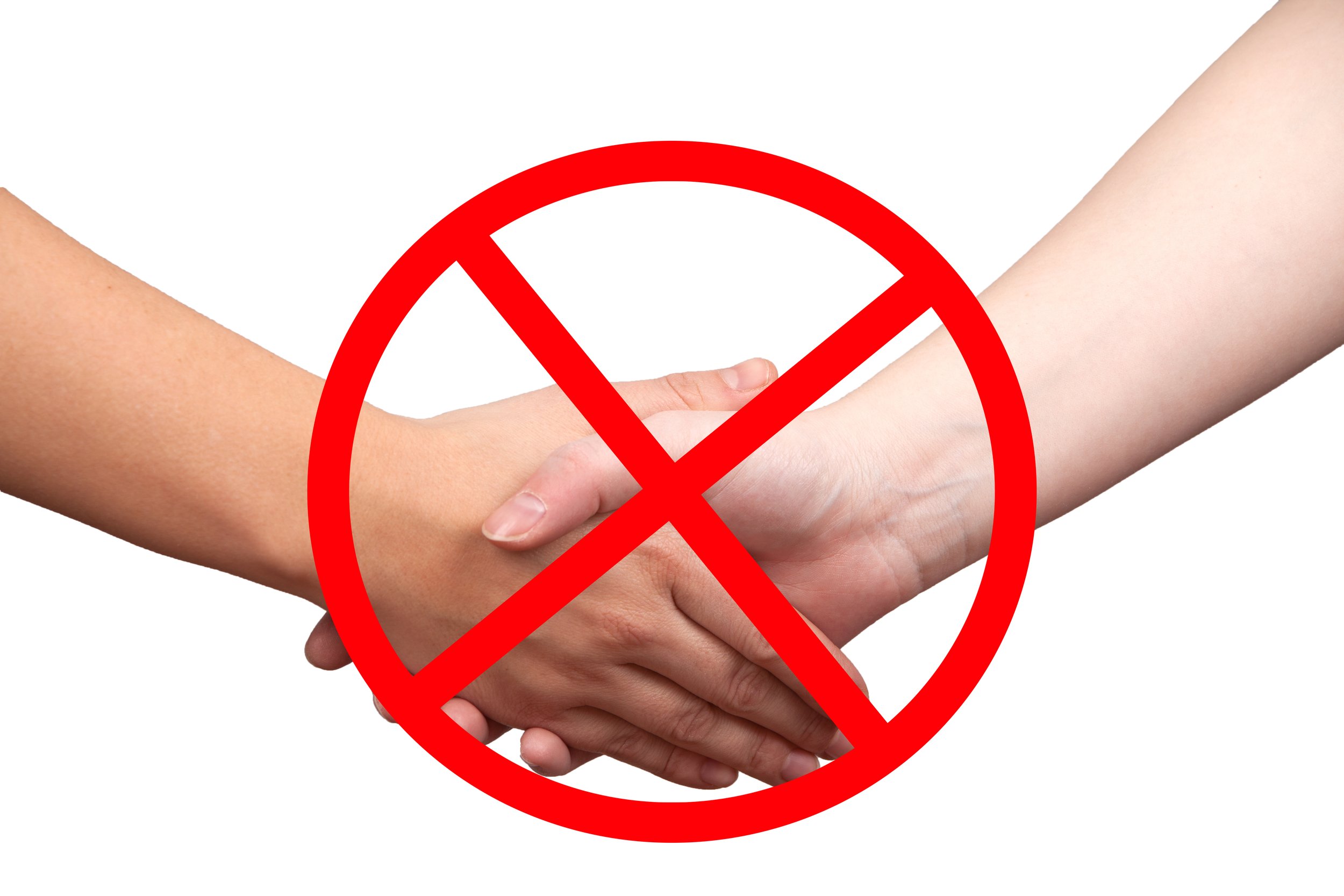My Two Cents: What Social Media Marketing Faux Paux can Lawyers Learn from the Alex Jones Connecticut Verdict?
/Attorneys need to be careful with their social media content!
Alex Jones, the controversial social media provocateur, was delivered a huge blow in court recently. A jury awarded the Sandy Hook families and one FBI agent nearly a One Billion Dollar Judgment; this does not include the potential punitive damages Connecticut law allows for some of these charges. There are many lessons that can be learned from the trial of this case – properly handling discovery requests, behavior in court, and behavior out of court. But that is not the focus of this editorial.
As lawyers, we are all moving more and more toward social media as a means of marketing. But there are some basic rules we need to follow. I want to focus on the errors Mr. Jones made with his social media presence and what lawyers can learn from them.
First, always tell the truth. Granted, Alex Jones did more than just be less-than-honest regarding the truth. He knowingly promoted falsehoods to the determent of these families as a means to profit his businesses Our ethics, based on MPR 4.1, requires us to be truthful - even through a podcast, a tiktok post, an Instagram post, Facebook, attorney review sites, or any social media. The post(s) may not even be in relation to a client or case, but IMHO, it just looks better when it comes to the bar and their potential scrutiny. You don't want people filing bar complaints because you are being less-than-honest in public.
Lawyers need to be careful not to create attorney-client relationships with their social media presence!
Second, it is one thing to simply offer an opinion (again, Jones did more than just offer a baseless opinion but advocated information that he knew was false). Likewise, it's one thing to talk about the law generally. But do not offer legal advice. Be careful you don't apply the law to specific facts. Best to offer hypothetical situations. The last thing you want to do is give someone the impression that you have created an attorney-client relationship when you are just to trying to offer a general commentary or have a general discussion of the law.
This is why you should have a written disclaimer of some form on your social media page. Best to cover yourself if someone tries to claim that they are a client of yours (w/out a written agreement) or erroneously relied on your “advice” to their detriment.
In short, watch what you say and never offer legal advice on social media.









